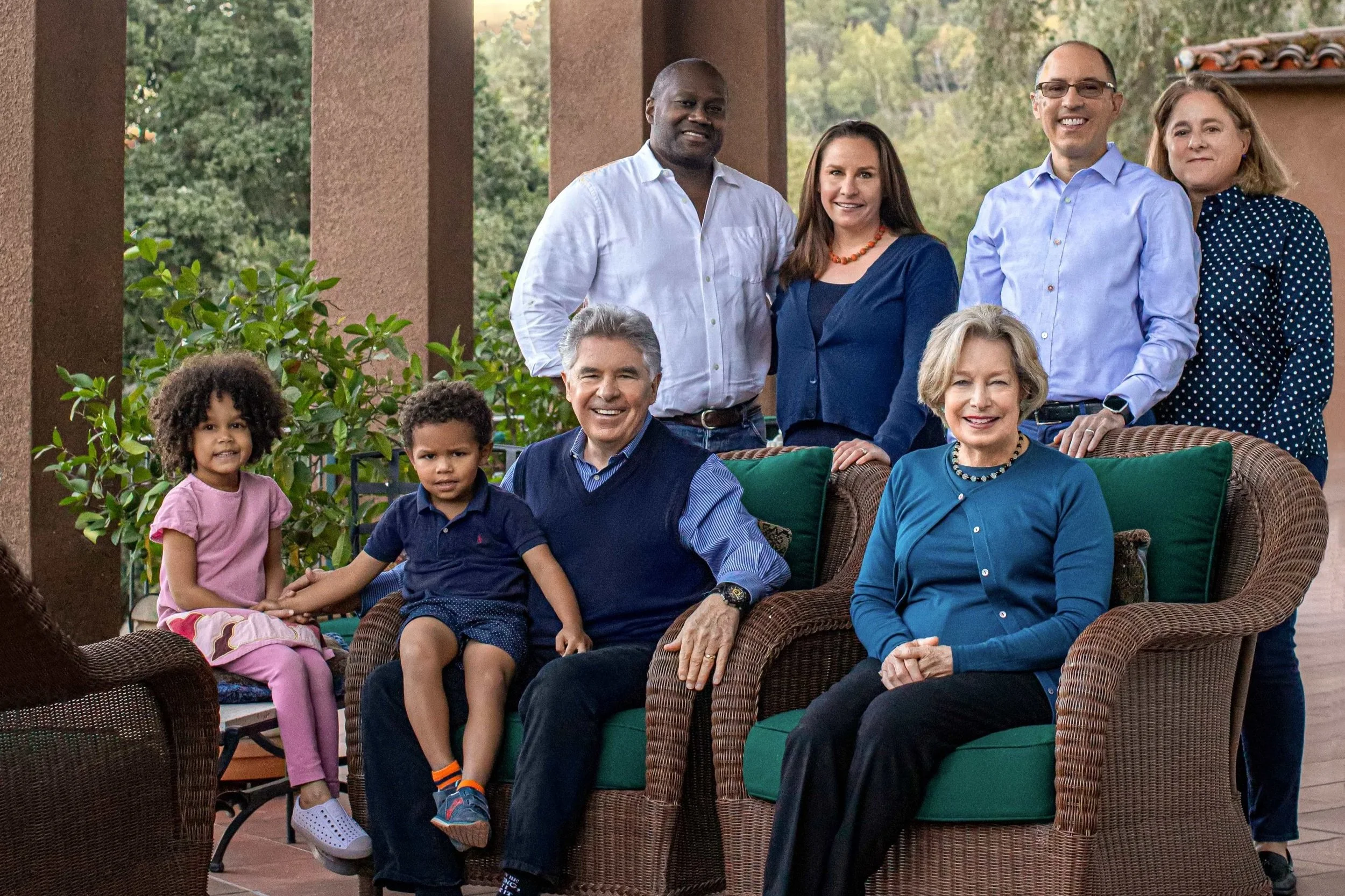Inside a Top Mental Health Funder's Quest for Game-Changing Breakthroughs
/PHOTO: Rocketclips, Inc./SHUTTERSTOCK
The FDA recently announced approval of Johnson & Johnson’s depression drug esketamine, an altered form of the street drug ketamine, as a treatment for depressed people who haven’t responded to other therapies. As the first new type of depression drug in 30 years, this news has taken the medical and mental health community by storm, but there’s one foundation that isn’t surprised.
Since 1996, the Brain & Behavior Research Foundation (BBRF) has awarded 90 grants totaling more than $6.5 million to scientists in the U.S. and abroad to fund research on rapid-acting antidepressants like ketamine. In fact, a pioneer in the study of ketamine for the treatment of depression, Dr. Carlos A. Zarate, received BBRF funding.
But that’s just the tip of the iceberg for BBRF, an organization Inside Philanthropy has covered extensively in light of its outsized impact in the typically underfunded field of mental health. Since 1987, the foundation has been providing seed money to neuroscientists to fund out-of-the-box research that the government and other sources were unwilling to invest in. Currently, BBRF awards grants in three areas: basic research, new technologies, and next-generation therapies.
Recently, Inside Philanthropy checked in with BBRF President and CEO Jeffrey Borenstein about the foundation and its work. We asked him what sets BBRF apart from other funders. For starters, Borenstein cited the organization’s unique level of commitment, noting that BBRF is the nation’s top nongovernmental funder of mental health research grants, awarding $16 million in 2018 alone.
Big Steps Forward
We wanted to know what BBRF-funded research Borenstein considered particularly noteworthy, and right off, he cited the development of the rapidly acting antidepressants we mentioned above. Currently, most widely used antidepressants, particularly the selective serotonin reuptake inhibitors (SSRIs) like Prozac, require weeks to take therapeutic effect. For some patients—especially those who are suicidal—that’s just too long. Rapid-acting antidepressants like ketamine have long been a focus of BBRF, given their potential to reduce suicide risk and the pain of depression quickly.
Now, this work is starting to coming to fruition. In a paper published last summer in the American Journal of Psychiatry, a researcher funded through BBRF’s Young Investigator program, Dr. Carla M. Canuso, reported that esketamine successfully reduced suicidal thoughts “within hours of treatment.” Borenstein said such rapidly acting antidepressants can be a “game changer for treating depression,” but also notes that many “aren’t ready for prime time,” yet.
But drug therapies aren’t the only approach BBRF has funded. The foundation supported research into the surprising area of transcranial magnetic stimulation (TMS), which involves the use of magnets placed outside the head to treat depression and other conditions. Approved by the FDA in 2008, TMS has proved clinically effective and has helped many people. One downside of TMS is the long period of time each session takes: Current TMS treatment for depression calls for patients to receive the magnetic stimulation for 37 minutes. But thanks to work conducted by BBRF Young Investigator Dr. Daniel M. Blumberger at the University of Toronto, it may now be possible to cut sessions to only 10 or 15 minutes.
BBRF also has funded work on prevention of mental illness. For example, 2018 was a year of promising results in the use of nutritional supplements during pregnancy to reduce the risk of psychiatric problems among babies. It has long been known that maternal folic acid supplements can prevent certain developmental abnormalities, but prevention of schizophrenia has long seemed elusive—until recently.
Research is now pointing to choline supplementation in pregnancies with a high risk for fetal schizophrenia. Schizophrenia has a strong genetic component and can begin early in fetal brain development, long before the emergence of psychosis, which typically appears in teen and early adulthood years.
BBRF-supported researcher Dr. Robert R. Freedman has been investigating the role of choline in prevention of schizophrenia. Although longer-term studies are needed, Borenstein says he’s hopeful that it may not be long before the American Medical Association recommends choline supplementation as it does folate to reduce the burden of illness.
A Different Type of Grantmaking
BBRF doesn’t issue RFPs or other grant solicitations. Nor does it rely on funds where donors make decisions. Instead, proposals are submitted from “the ground up” by the scientists themselves. Once a year, a scientific council of 180 top brain scientists around the world convenes to review the more than 800 proposals it receives annually.
Borenstein said that typically, about 200 proposals are funded, representing a mix of basic research, translational research and clinical research. What these researchers nearly always have in common, Borenstein said, is a tendency to “come at research from a new perspective.”
BBRF often backs early investigators, and the data those investigators collect from BRFF-supported research helps them land funding from governmental sources.
Since 1987, the BBRF has awarded more than $394 million to fund more than 5,700 grants to more than 4,700 scientists around the world.
Boosting Awareness
But Borenstein is quick to note that BBRF does more than provide funding. The outfit also works vigorously to increase awareness about mental health among the general public and to provide hope that new and better psychiatric treatments—especially for specific populations—are being developed by scientists around the globe. Current areas of focus for BBRF are suicide, opiate abuse, and PTSD among returning service members, and the interaction of mental illness on homelessness and criminal justice involvement.
One way that BBRF works to boost awareness is through its award-winning Healthy Minds public television series, hosted by Borenstein. “Everyone has someone affected by these conditions, as one in five people has a diagnosable mental disorder,” he said. “It is often fear and shame prevent people from seeking help.” Healthy Minds aims to remove the stigma of mental illness and demonstrate that with help, there is hope. The series discusses common psychiatric conditions through inspiring personal stories and with experts sharing the latest information, including new approaches and next-generation therapies in diagnostics, treatment and research.
Borenstein is passionate about BBRF’s mission to reduce the shame associated with mental health. “People with mental health issues shouldn’t suffer in silence, and family should take any measure to help,” he said.
Related:







































